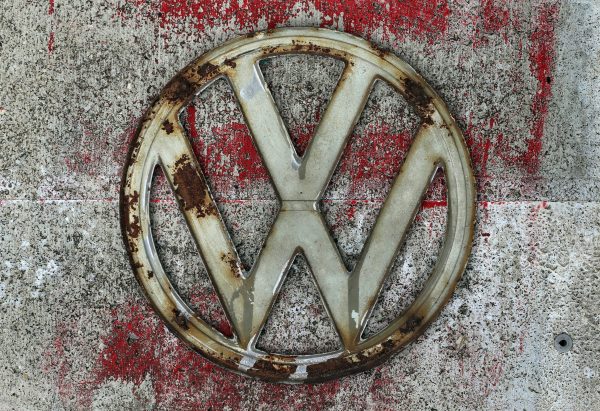There are two issues which over the last year changed the face of Europe and bolstered populism and the extreme right.
They are the economic crisis and migration.
The economic crisis swept SYRIZA to power in 2015.
The migration issue allowed extreme right Golden Dawn to flourish, although in the 7 July general election the party proved unable to pass the three percent threshold required for entering Parliament.
As the crisis recedes and after New Democracy came to power one sees well-grounded hopes that the country can return to normalcy.
One cannot say the same of migration.
The situation on the Eastern Aegean Islands – especially on Lesvos – is worsening. `
The Centre for Reception and Identification in Moria, Lesvos, has a capacity of 3,000 and now hosts 7,213 refugees and migrants and that may soon grow to 9,000.
If decongestion measures are not taken on the island it will once again experience the tragic moments that last September embarrassed our country internationally.
In contrast to the previous SYRIZA governmen which was accused of shoddiness, irresponsibility, and bad management of European funds for migrants, the current government appears to understand the crucial nature of the problem.
One of the first actions of Citizen’s Protection Minister Michalis Chrisohoidis was to visit the refugee and migrant camp at Moria, Lesvos.
However, good intentions do not suffice.
There is a need for organisation, coordination, and communication with European institutions – but above all for humanitarianism.
The migration issue is complex.
It willl be solved neither through a policy of open borders not through the fascist-type measures that have been adopted by Hungarian Prime Minister Viktoror Orban and Italy’s Deputy PM Matteo Salvini.
Greece has shoulded an enormously greater burden than it would deserve in terms of the country’s size.
Yet it has given lessons in hospitality and will continue to so, as long it can endure it.








